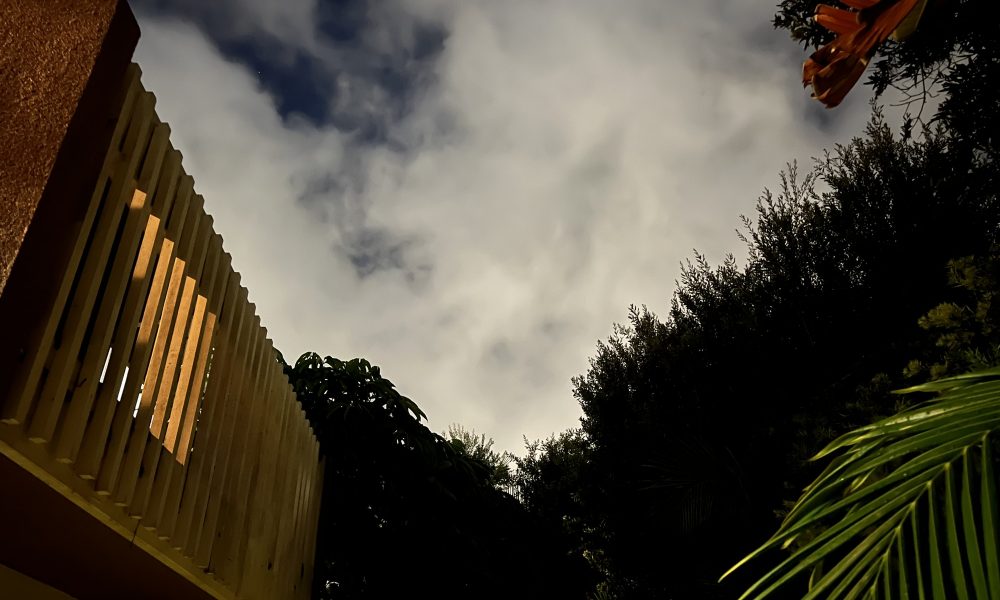With rain continuing into Tuesday, a total lunar eclipse that is set to occur around 1 a.m. in the morning may not be visible to star gazers in Long Beach.
If clouds and rain are to cover the night sky around midnight Tuesday morning, star enthusiasts won’t be able to witness a total lunar eclipse until March 14, 2025, according to NASA.
Lunar eclipses occur when the moon is in the inner part of the Earth’s shadow. Because of this, only a small portion of the sunlight passing through Earth hits the moon, giving it a light dim.
Wavelengths also play a part in the moon’s color, as colors with shorter wavelengths scatter away from the moon, such as blue and violet, and longer wavelength colors, like red and orange make it to the moon, according to NASA.
While Southern Californians have a chance to see the moon in a rare appearance, the cloudy weather may block viewing from city dwellers’ homes.
According to Accu Weather, Long Beach overnight faces 99% cloud coverage, possibly blanketing the night sky from the red glow of the moon.
While NASA does say that some clouds and dust in the night sky can make the moon redder, some groups in Long Beach are not taking the chance to try and see the glow in front of them.
The Long Beach State Astronomy Club considered planning an event for the eclipse, according to the club’s official Discord server, but was ultimately cancelled along with their usual Night at the Observatory event due to weather and timeliness.
“Of course, the universe does not always do the coolest stuff in this narrow window of time,” said Adrean Alva, astronomy club president. “The time that the event occurs is too late besides the weather so there is not an officially hosted event.”
In-person viewing might not be available to those in Long Beach, but NASA linked an online option for those that want to see the phenomena.
A live stream of the event will be on the YouTube channel time and date. Starting at 1 a.m. Pacific Standard Time, people from all over the country and the world will be able to see the total lunar eclipse come into fruition.
Totality of the eclipse, where the moon is completely behind the Earth’s shadow and glowing red, is set to occur at 2:17 a.m. Pacific Standard Time.




